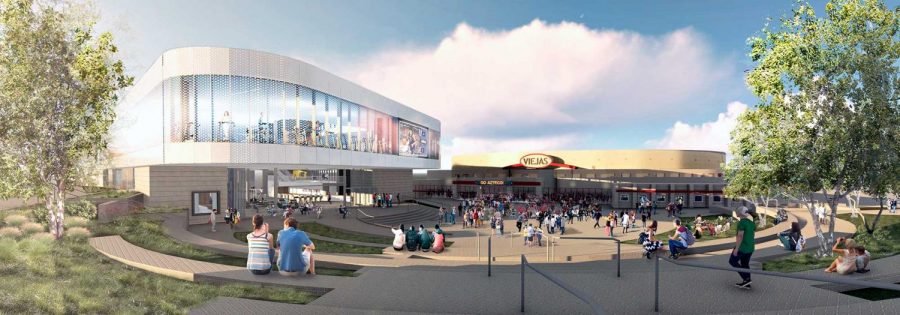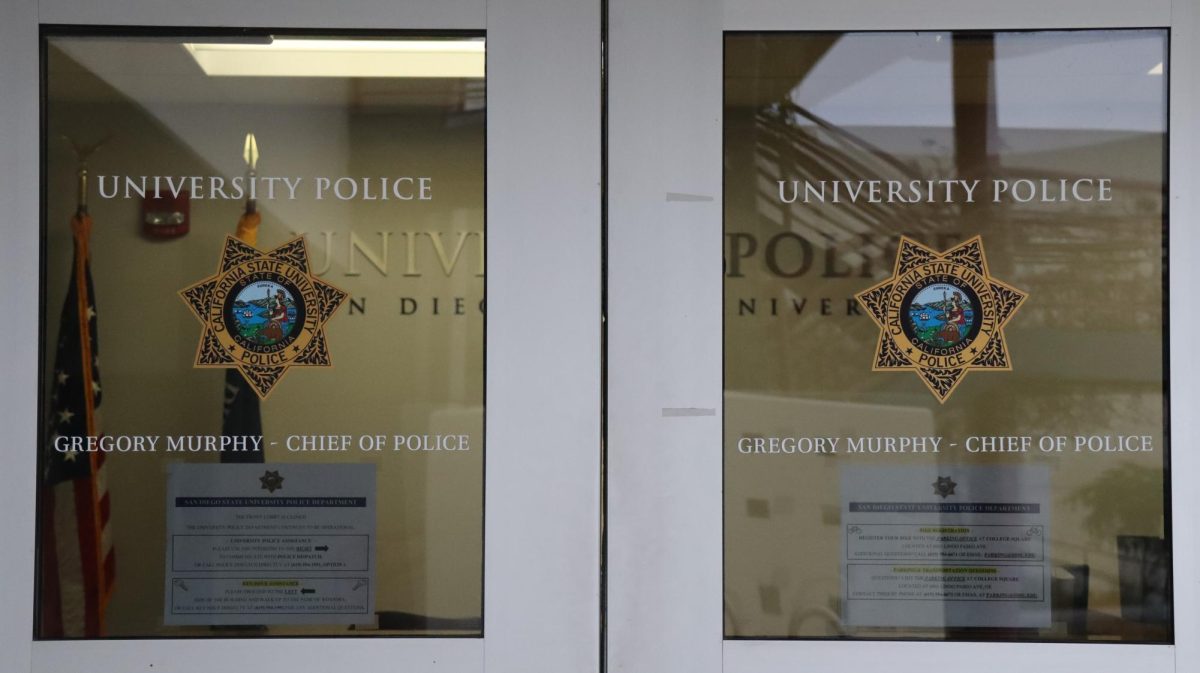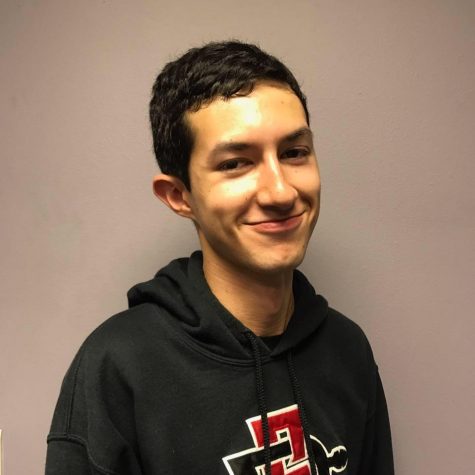Students will vote on a referendum to nearly double the size of the more-than-20-year-old Aztec Recreation Center this week.
The idea behind the referendum is to improve access to recreation for all SDSU students, Associated Students Vice President of University Affairs Chris Thomas told The Daily Aztec.
“We are the last university (in the CSU system) that is forcing students to pay out of pocket to have access to the recreation center, so that’s the really the overall idea of accessibility,” Thomas said.
Currently, students have to pay $19 per month to access the ARC. The referendum calls for a $195 increase in the university’s mandatory Student Body Center fee to fund an expansion of the ARC by 70,000 square feet, from its current size of 78,000 square feet.
Voting on SDSU WebPortal will take place from 8 a.m. on Tuesday, March 6 to 7 p.m on Wednesday, March 7.
The proposed fee increase of $195 is the equivalent of an approximately-$20 increase over current ARC prices, but it will be included with tuition and fees, meaning that all students will be given access to the ARC automatically, and the expense will be included in their financial aid.
Built in 1997, the ARC is older than some San Diego State students. SDSU’s Campus Fee Advisory Committee says that while it was state-of-the-art at the time of its construction, it’s now undersized and outdated compared to gym facilities at other universities.
If more than 50 percent of student voters approve the referendum, the expansion will include additional weight and cardio space, more courts, new gender-neutral locker rooms and restrooms, additional fitness studios, a climbing wall, a healthy entry and an indoor running track.
Thomas said the recreation center has seen a huge demand increase over the last four years. And that’s something that’s only likely to get worse, most sophomores will be required to live on campus beginning in fall 2018, increasing the residential student population by more than 2,500.
Interdisciplinary senior Brendan Price said he’s against the referendum. Fee increases, he said, should be going to classes.
“It really doesn’t do a whole lot for the educational value,” he said. “I also think having graduating seniors (vote on the fee increase) doesn’t do a lot for transparency.”
Construction will occur in two phases, and is expected begin in summer 2019 and be completed by 2021. The fee increase won’t go into effect until the expansion is complete, though this means that current students will be voting on an increase they’re likely never to see.
Nutrition freshman Allan Roszyk said she thinks the referendum will be able to help students get better access to the gym.
“Having it included in the fee is probably the easiest way for people to access it, and it’s also the cheapest for people who don’t live in the dorms and live in the apartments on campus,” she said.
Joey Litsey, a kinesiology freshman, said he thinks the expansion was inevitable.
“They kind of need to expand it either way,” he said. “So it’s good that they’re getting it done right now.”









